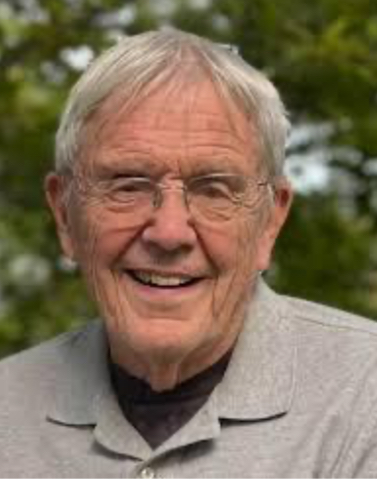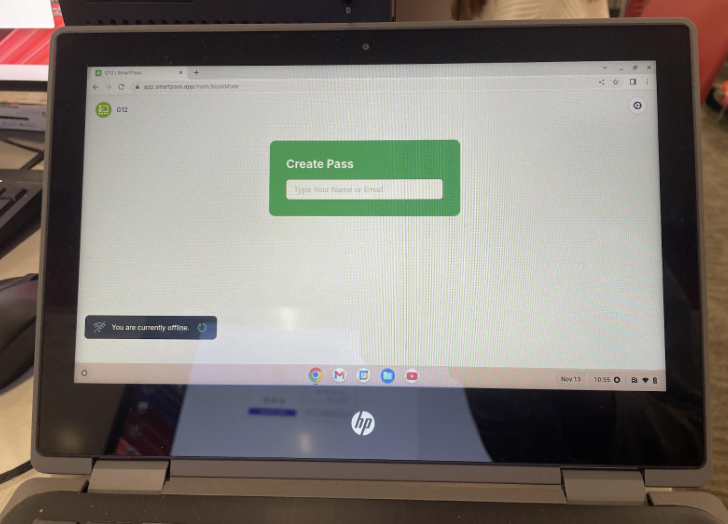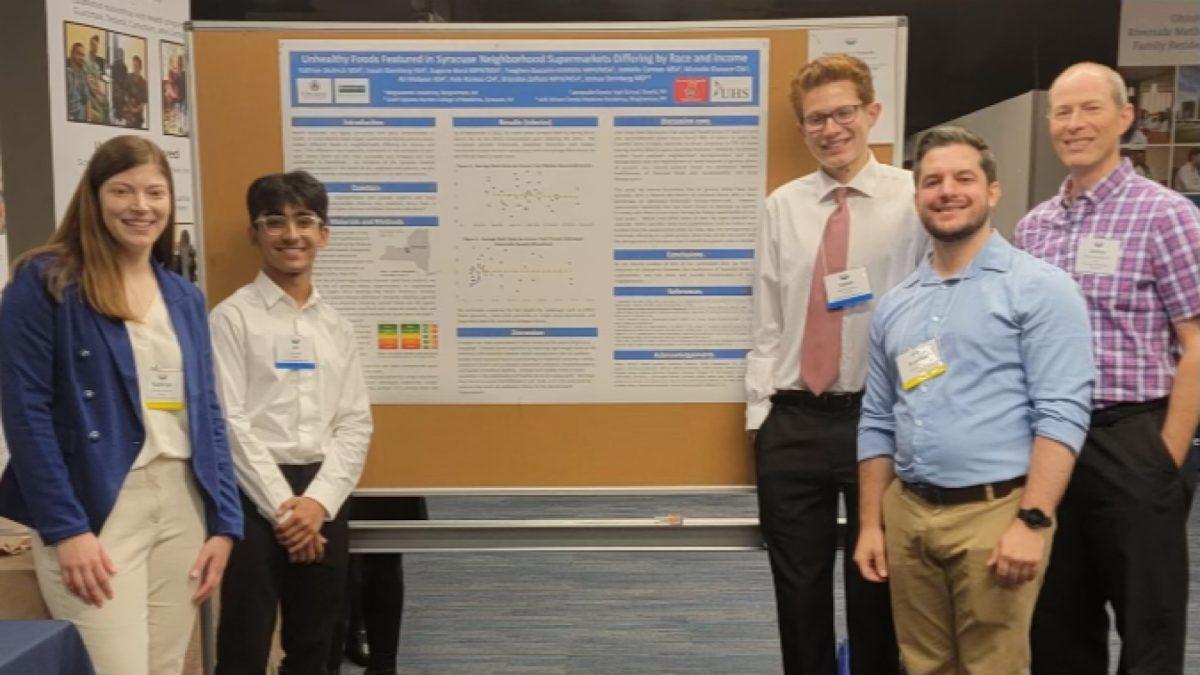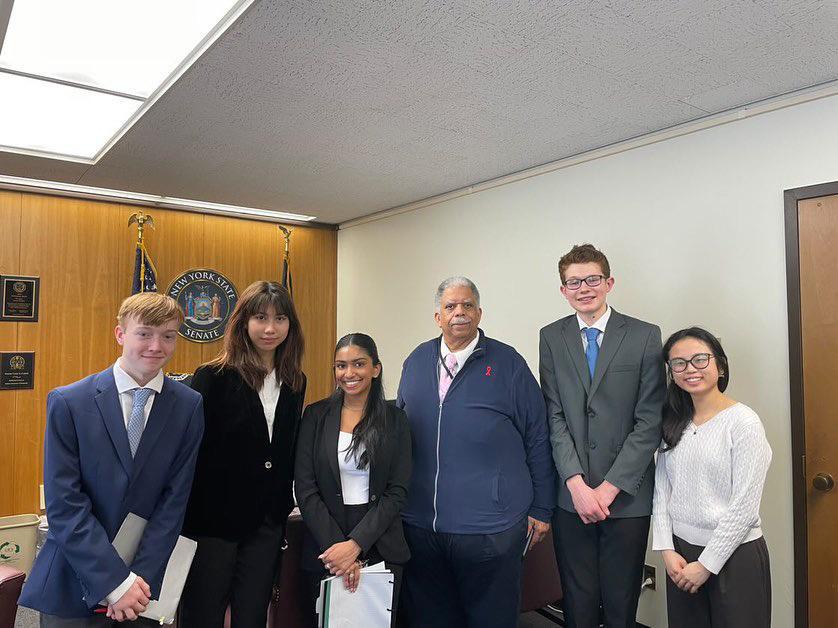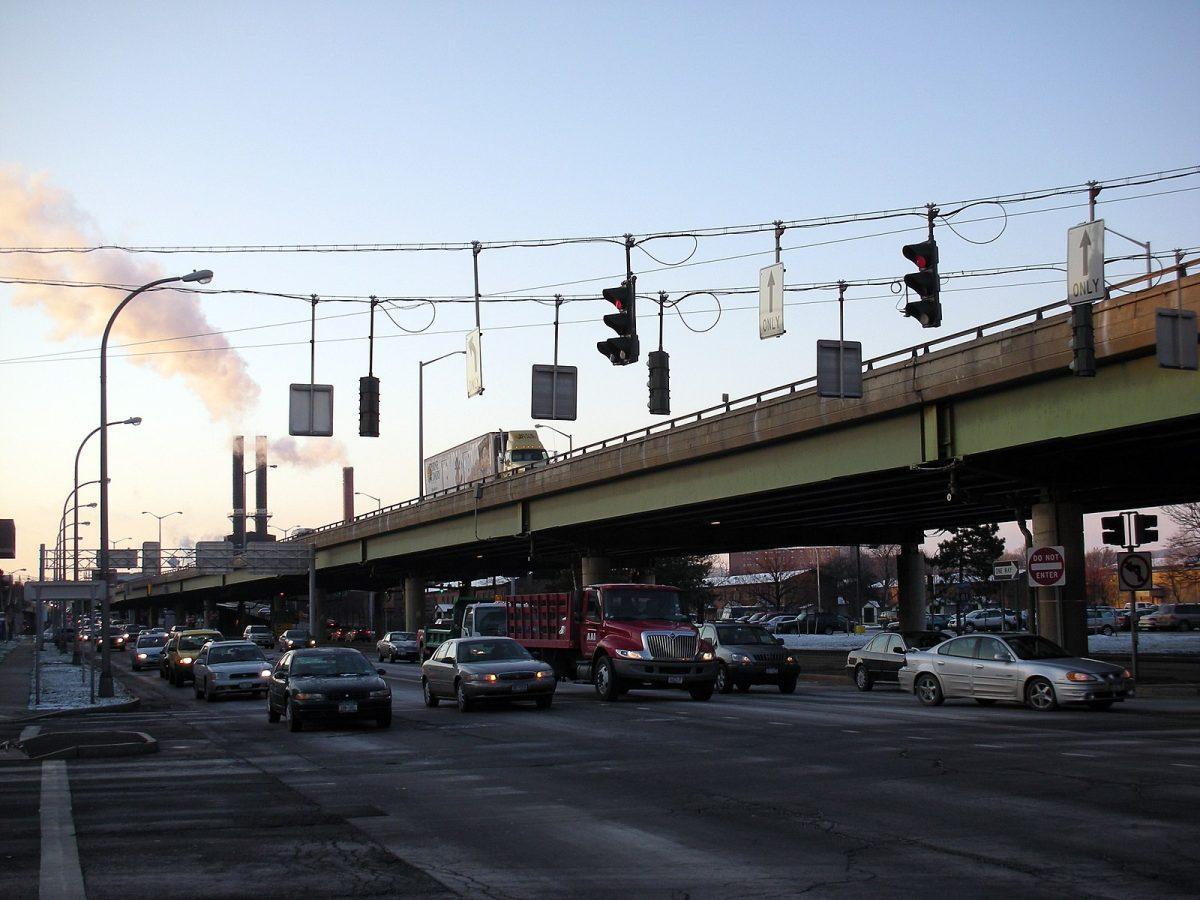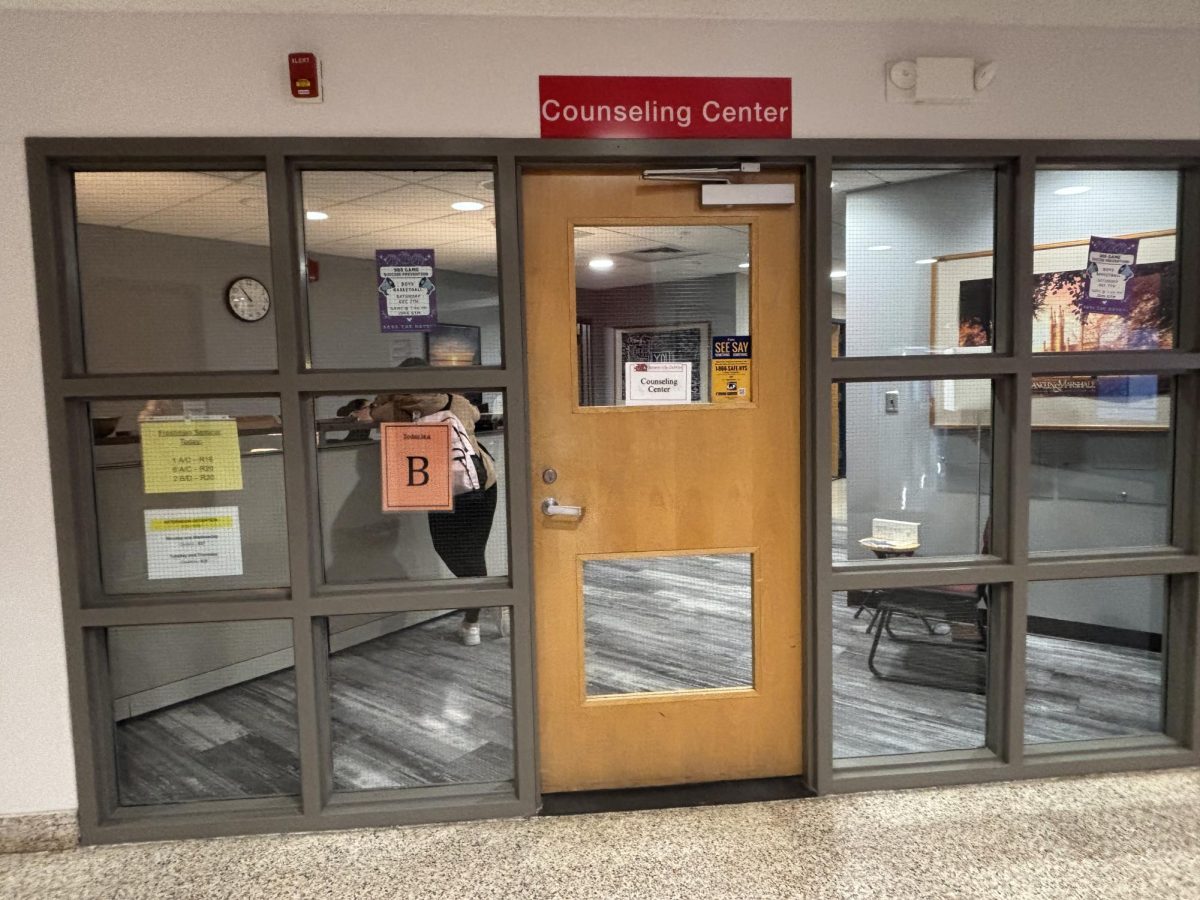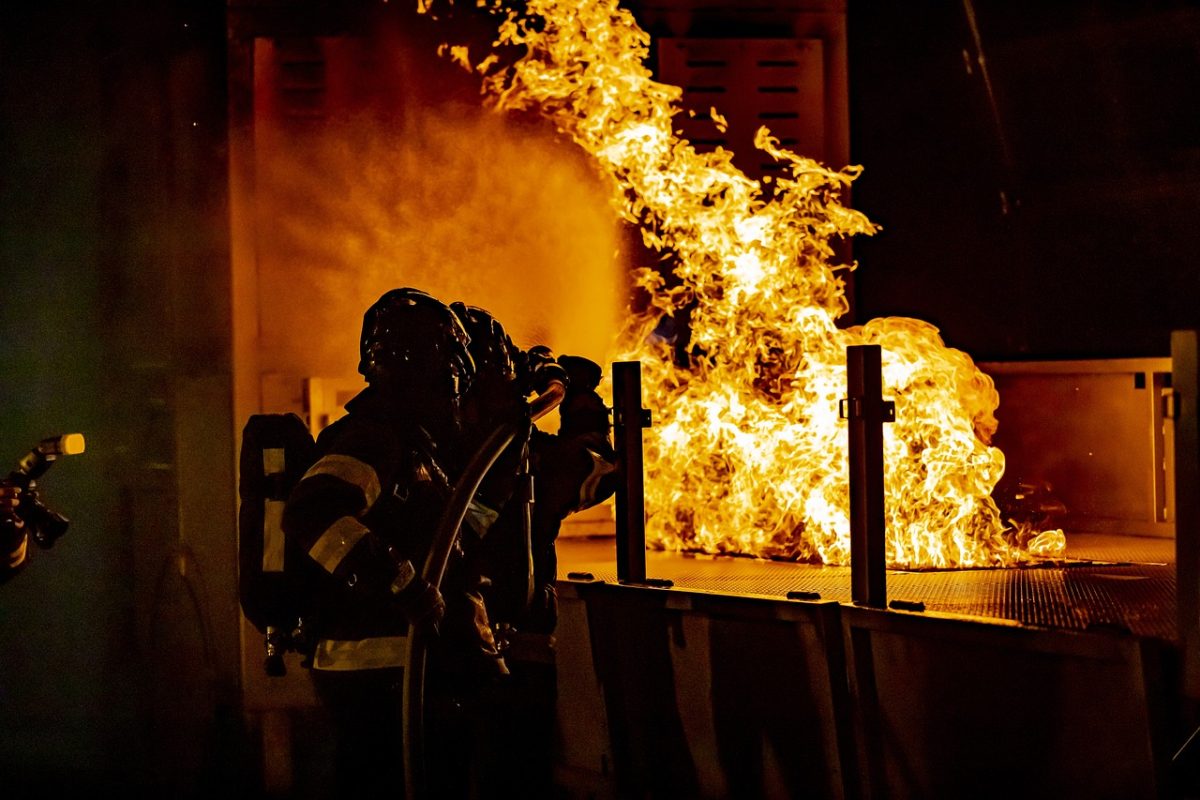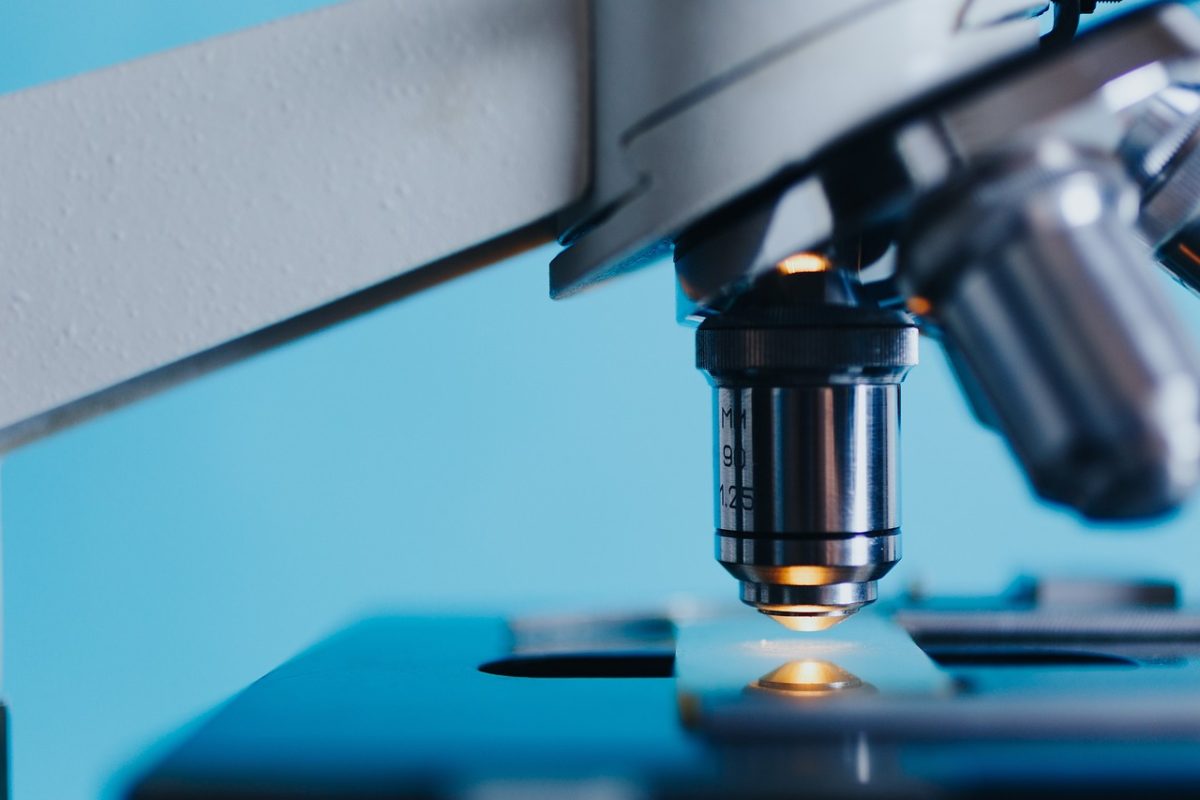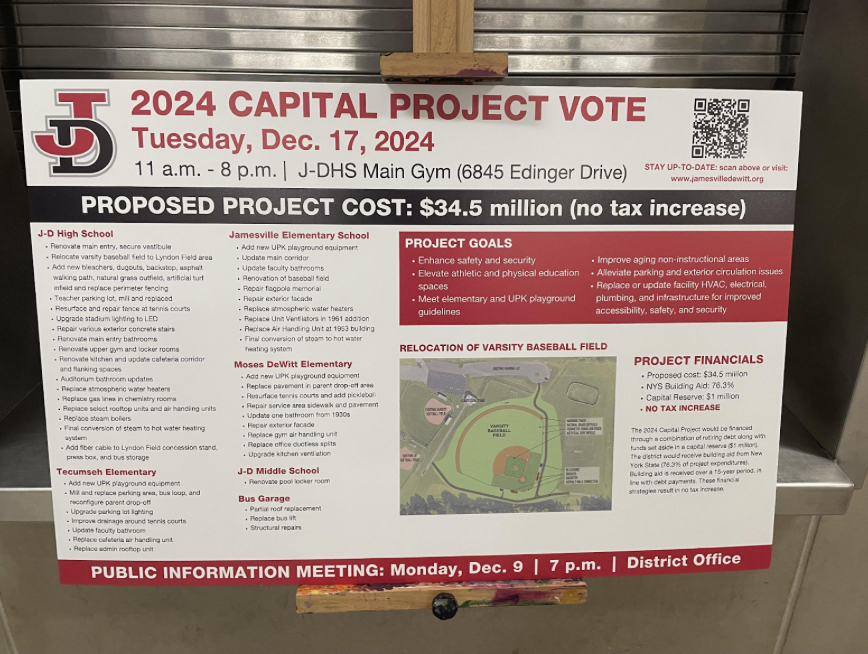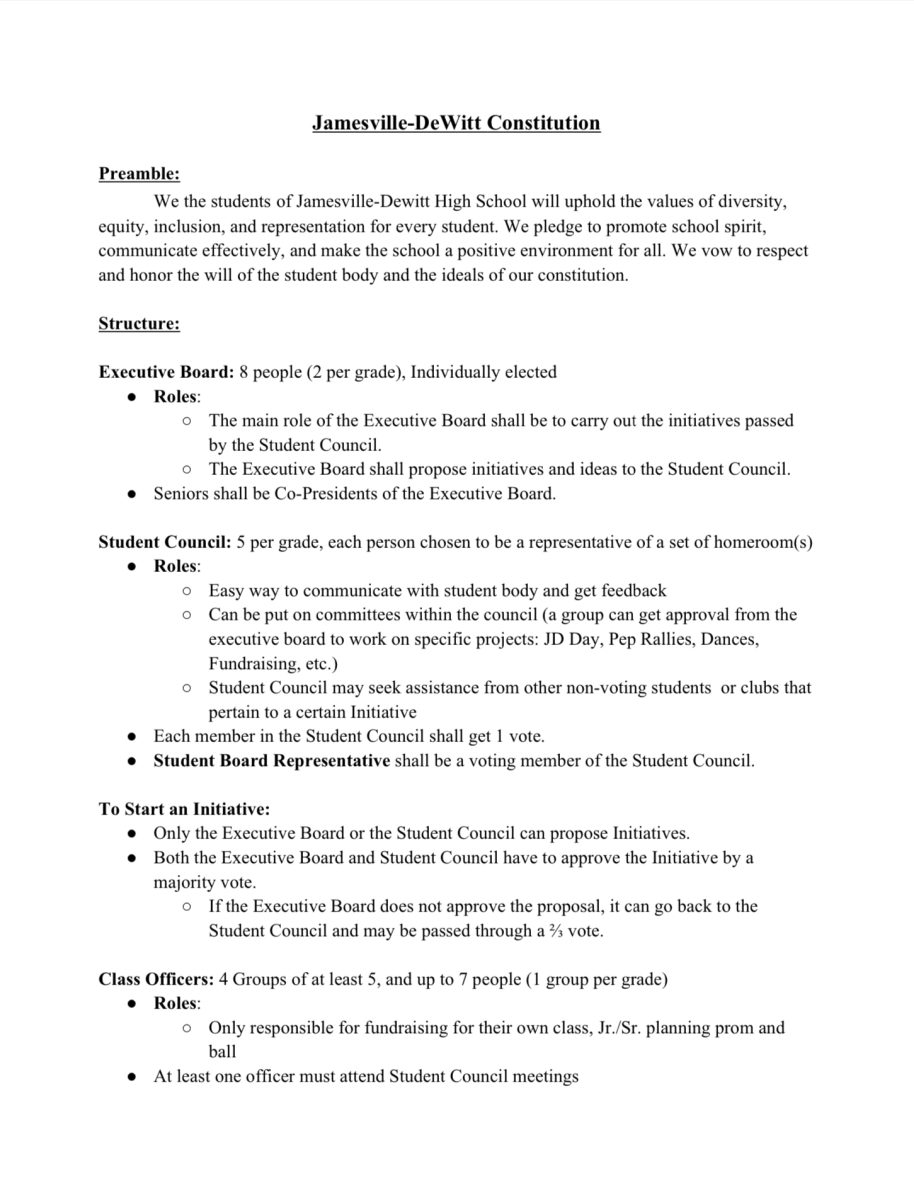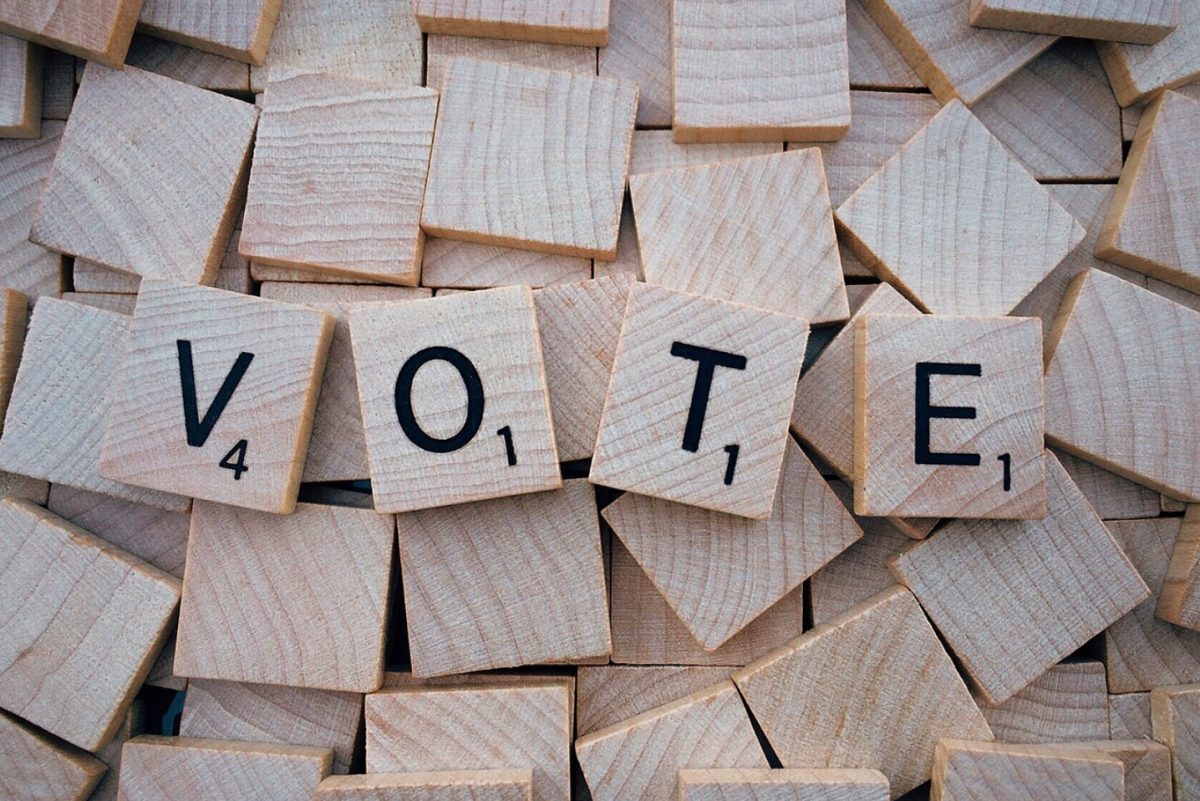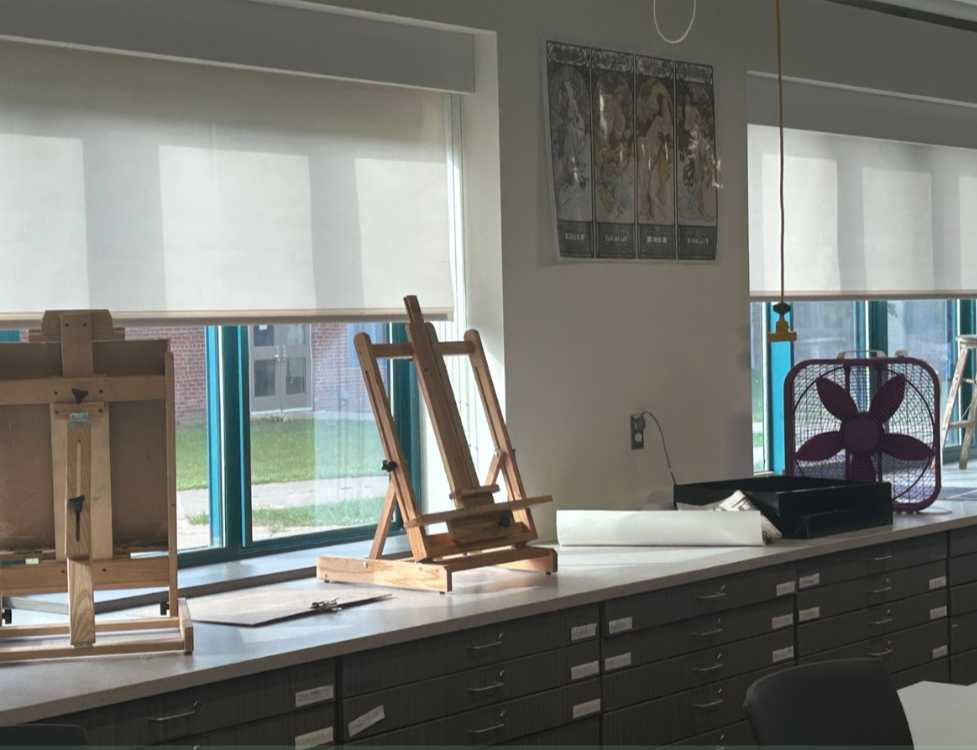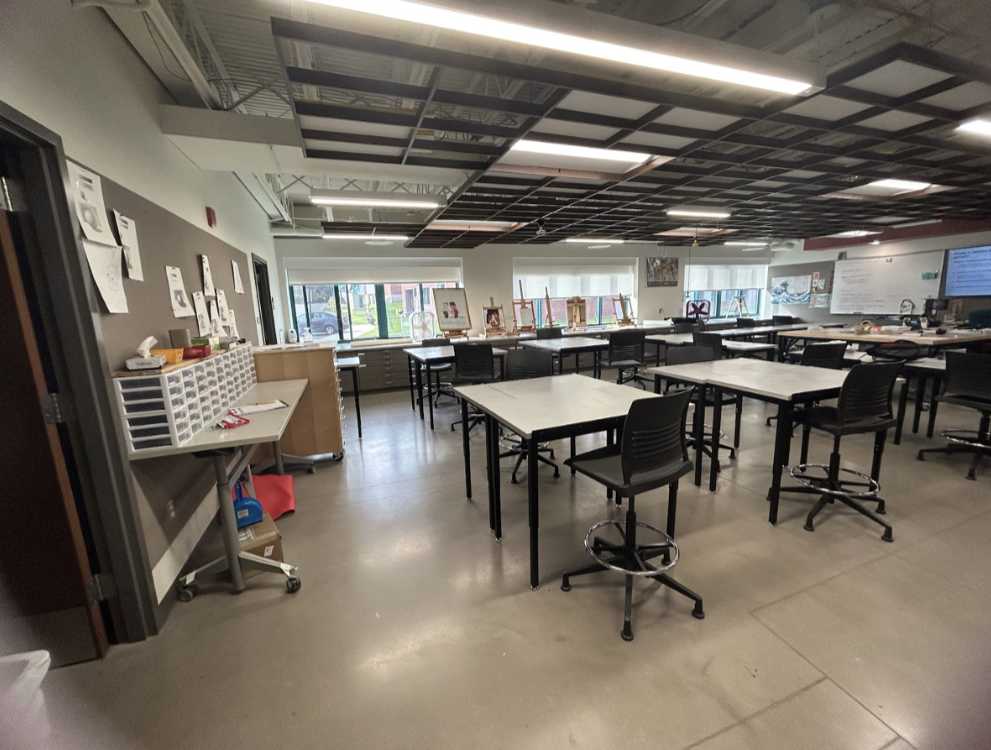In the era of mass shootings how far will school’s go to protect their students?
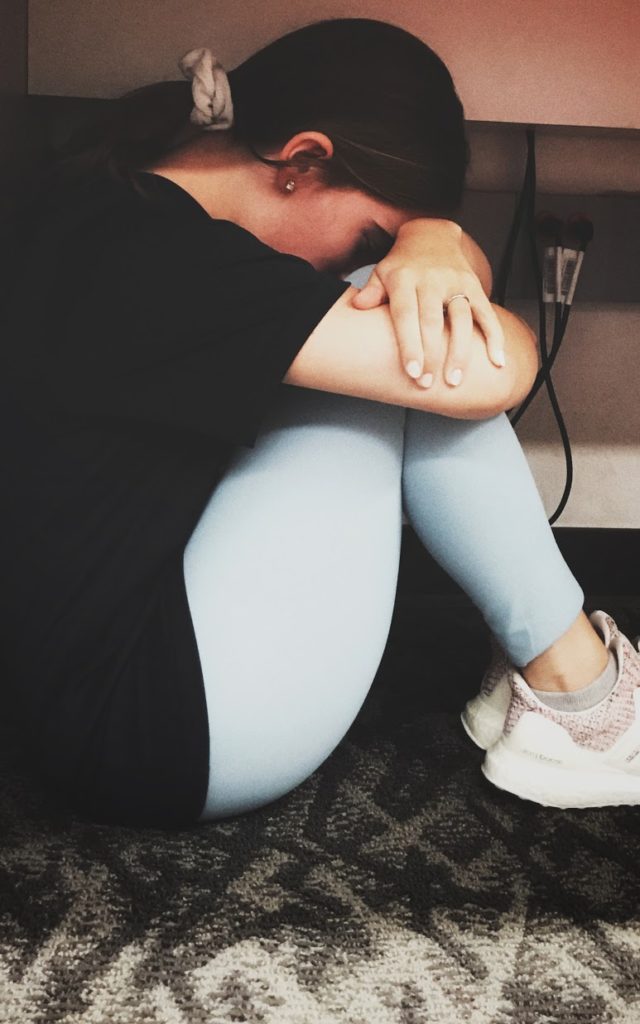
Max Fagelman
News Editor
“You just have to keep practicing and play out every scenario possible” said Officer Lindsey Pienkowski when asked how unscheduled lockdown drills would be beneficial to Jamesville DeWitt High School. An unscheduled drill consists of only a few select people knowing of the drills happening, most likely top officials and first responders. The school would simulate an accurate lockdown situation in order to improve students abilities to act in a real shooting or emergency situation. The purpose of these drills is to find the flaws in students and staffs reactions, and make improvements on lockdown procedures.
After each scheduled drill there’s a debrief. This post drill analysis is the most important part of each drill, as it determines the effectiveness of the drill. Jamesville-DeWitt High School principal Paul Gasparini, Pienkowski and other police or firefighters present discuss the pros and cons of how the drill went.
“In the event of a real lockdown people are going to be nervous, people are going to be scared, there’s going to be chaos. So the more we practice, I believe the more prepared we will be.” said Pienkowski. Normally students follow all the procedures, generally referring to rules such as, stay quiet, lock your doors, turn the lights off and hide in the appropriate places that the teachers will go over with you. It’s important to do these routine drills as it familiarizes us with the procedures. However after a while it gets lackadaisical because it just becomes repetitive. Pienkowski said, “But every once in a while, you throw something in there to kind of mix it up and keep people on their toes.”
“The purpose of these drills is to find the flaws in students and staffs reactions, and make improvements on lockdown procedures.”
Looking at the best practices available, schools determine what types of drills would be beneficial to the school population. Many are beginning to practice various forms of these unscheduled drills, such as the Baldwinsville school district who had their teachers trained in a simulated active shooter drill. Teachers learned the proper techniques on hiding, escaping and fighting back against an intruder.
J-DHS relies on first responders to recommend the best advice and examples of drills. If the first responders recommend these drills J-DHS would most likely consider having one. “We would not want to do anything that was disruptive just to be disruptive. If we do a drill we want it to be purposeful and meaningful.” said Gasparini.
Routine lockdown drills have been taking place at J-DHS for approximately ten years. They started around the same time as other schools in the area. These drills are solely for preparation, preparing students for the worst. The goal is for people to not panic, remain calm, and prepare the best they possibly can. “Continuingly making our students aware as they grow older. That’s the best thing we can do.” said Gasparini when asked how practicing routine lockdowns benefits students readiness for an active shooter incident. Pienkowski believes we as a school district do a pretty good job performing them.”We need to remember act quickly, try to stay calm as much as possible, but we do a good job and if we work on those things and practice, practice, practice we will be okay.”says Pienkowski.
The goal of an unscheduled drill is to be prepared for the unexpected. Schools do them to evaluate and determine the strengths and weaknesses and point out possible improvements. “We want to make certain we are as prepared as we can possibly be, and if it takes unscheduled drills to make that happen then we will do them.” said Gasparini.
“I believe unscheduled and scheduled are beneficial, but the benefit to unscheduled is that it keeps that sense of alertness, it keeps people on their toes” said Pienkowski. While it is hard to actively recreate an active shooter experience, school’s can go to certain levels to ensure their students are fully ready and prepared to act calmly and be fully collected in the case of a real emergency.
“We want to make certain we are as prepared as we can possibly be, and if it takes unscheduled drills to make that happen then we will do them.” said Gasparini.
Naturally these drills won’t happen until they become more commonplace. But once they do it is likely we will start using them as a practice method. According to Pienkowski, “It’s up to Mr. Gasparini. In the scheme of it, at least for this school. And I definitely think he is considering it.”
Overall, unscheduled lockdown drills may one day become an element in our preparation for an active shooting situation. “Treat it as any other emergency, and any other drill.” says Pienkowski. However, the likelihood that this would ever occur at J-DHS is slim, it’s still best to be prepared. It’s just like the saying goes, you play the way you practice.





























